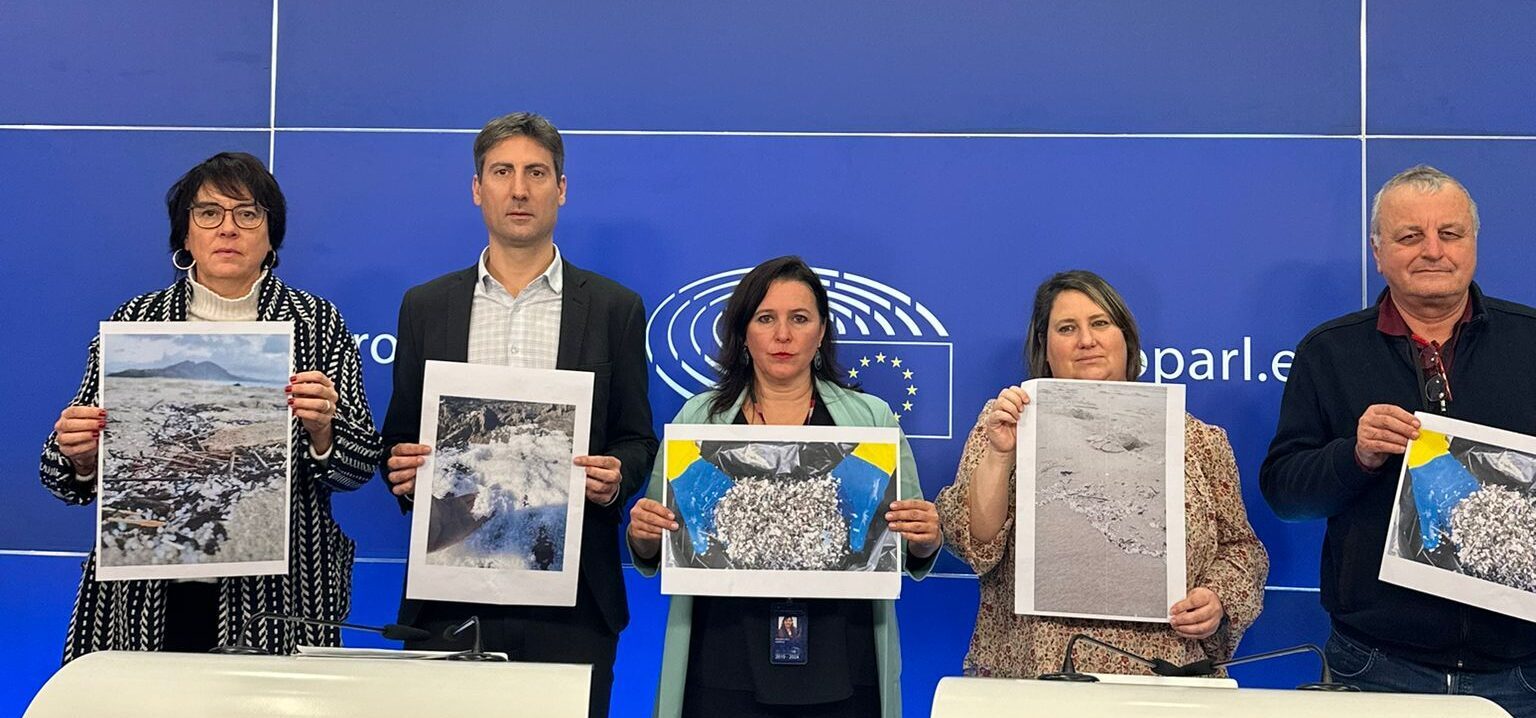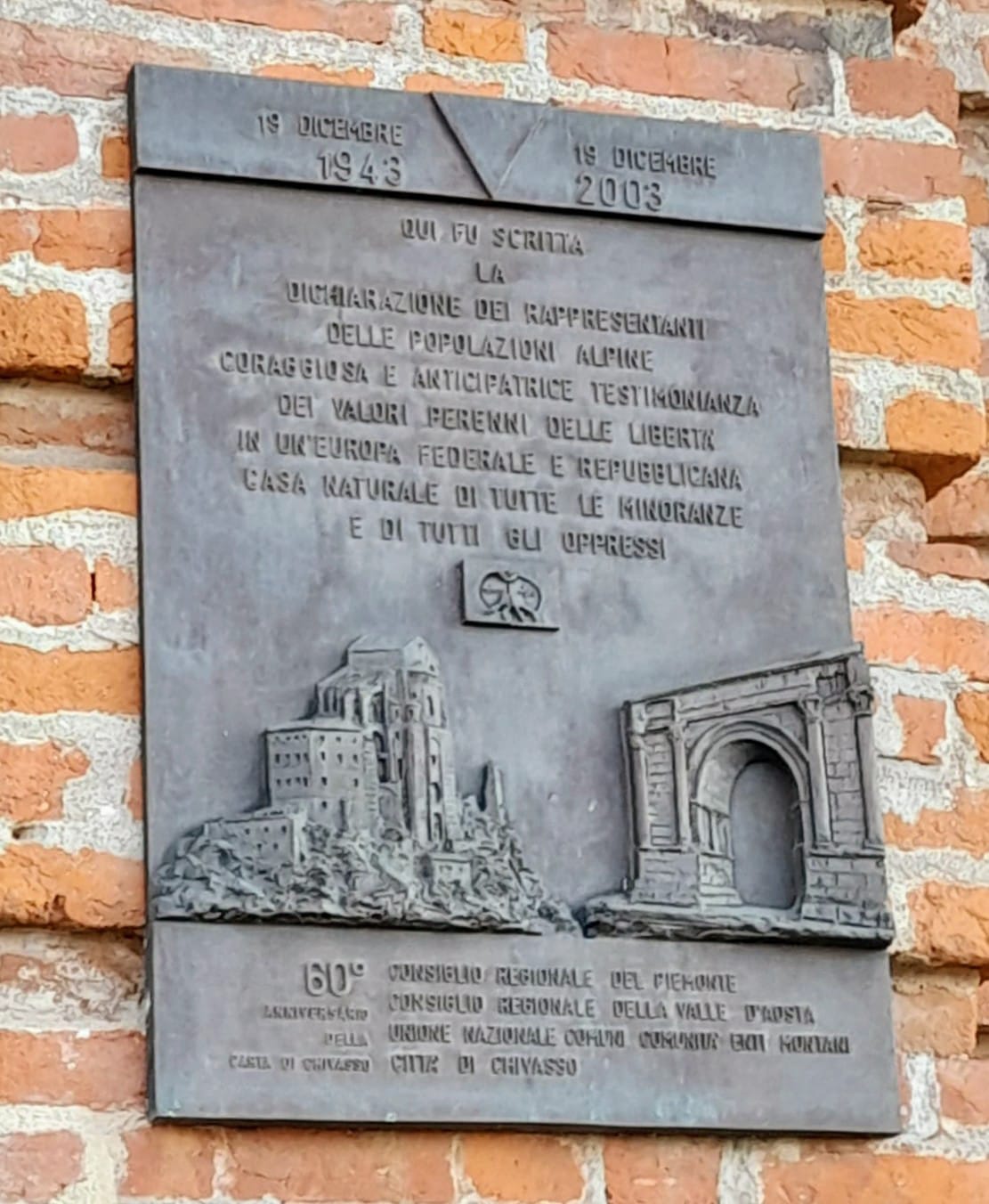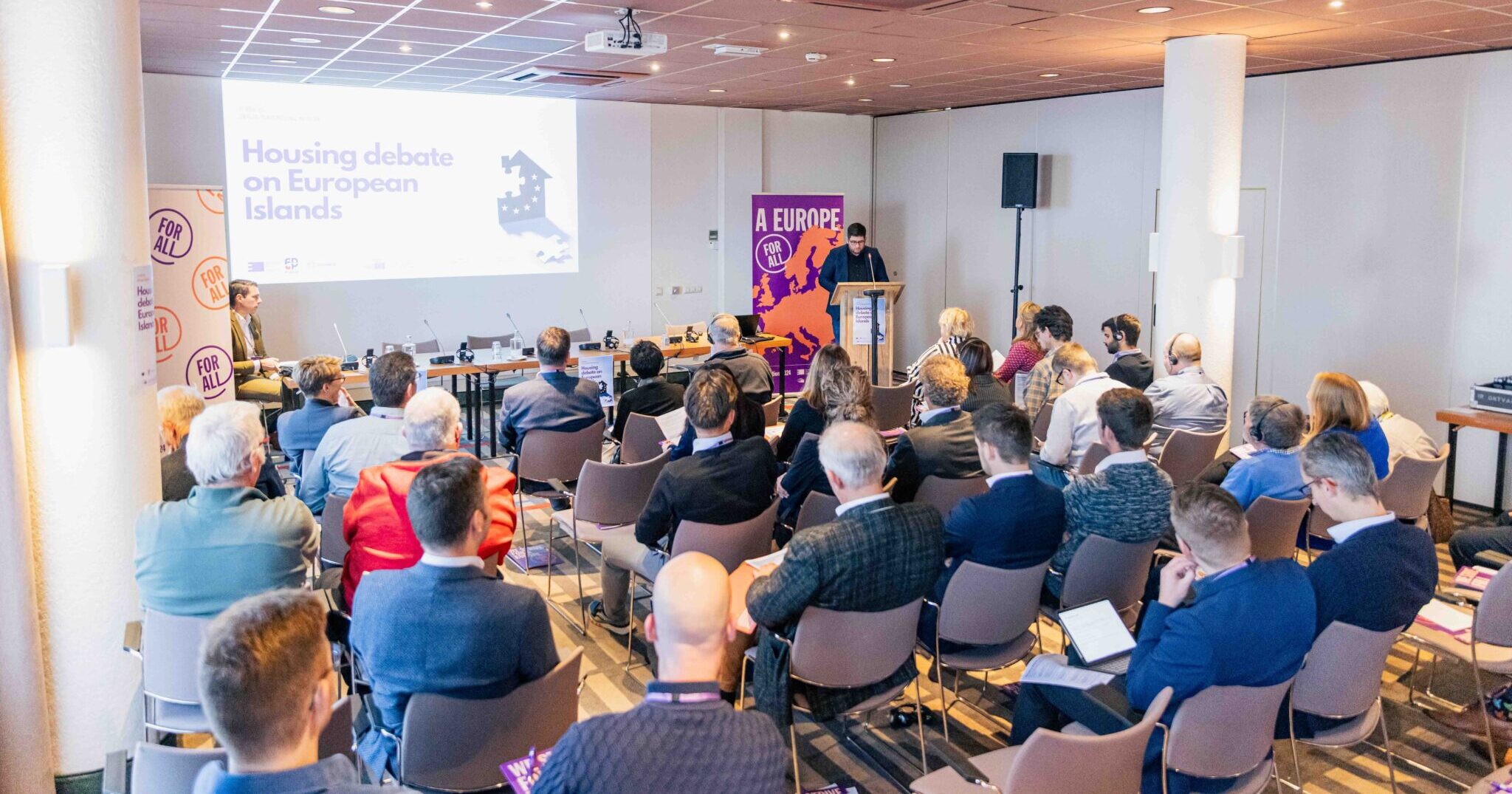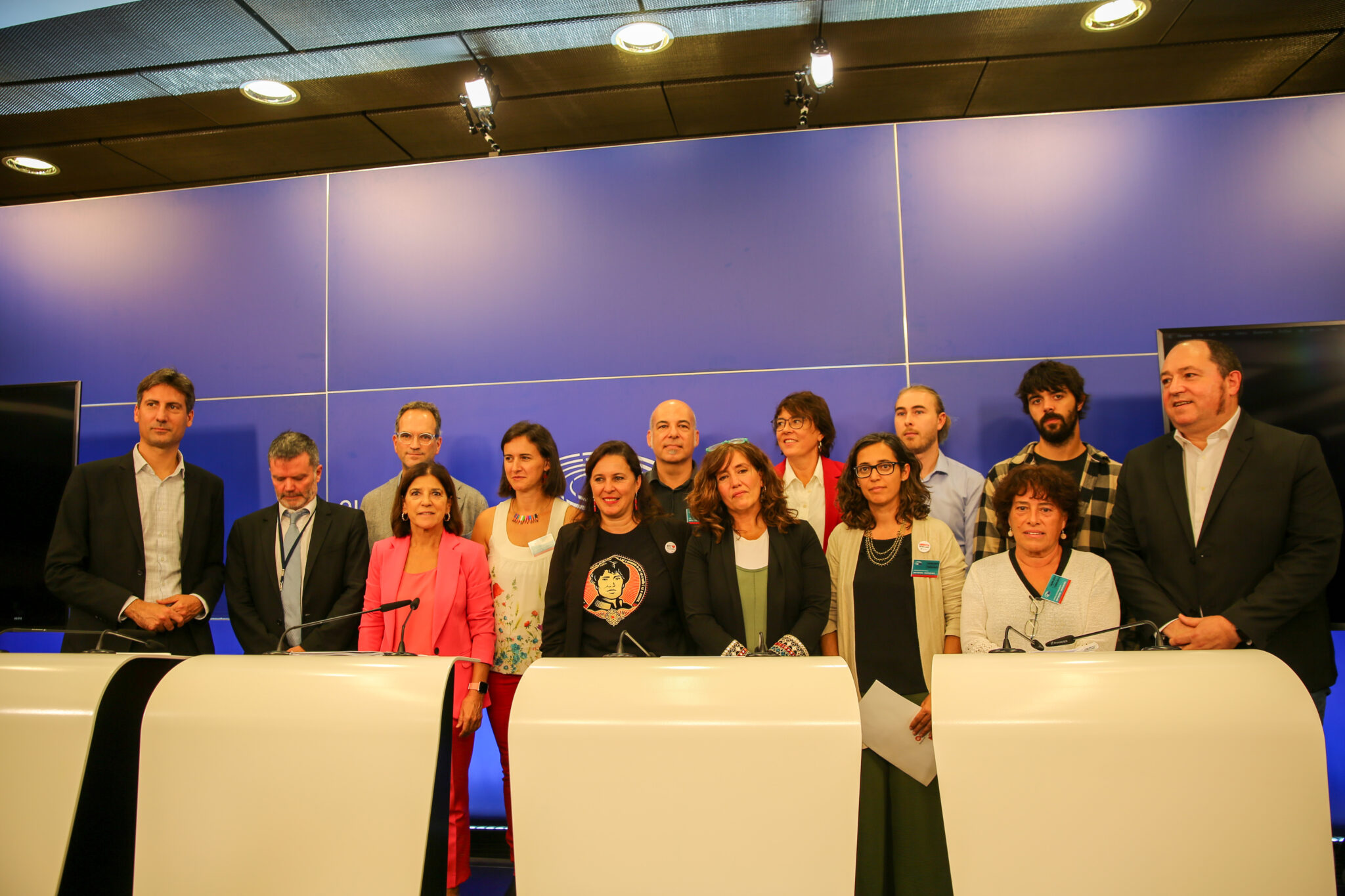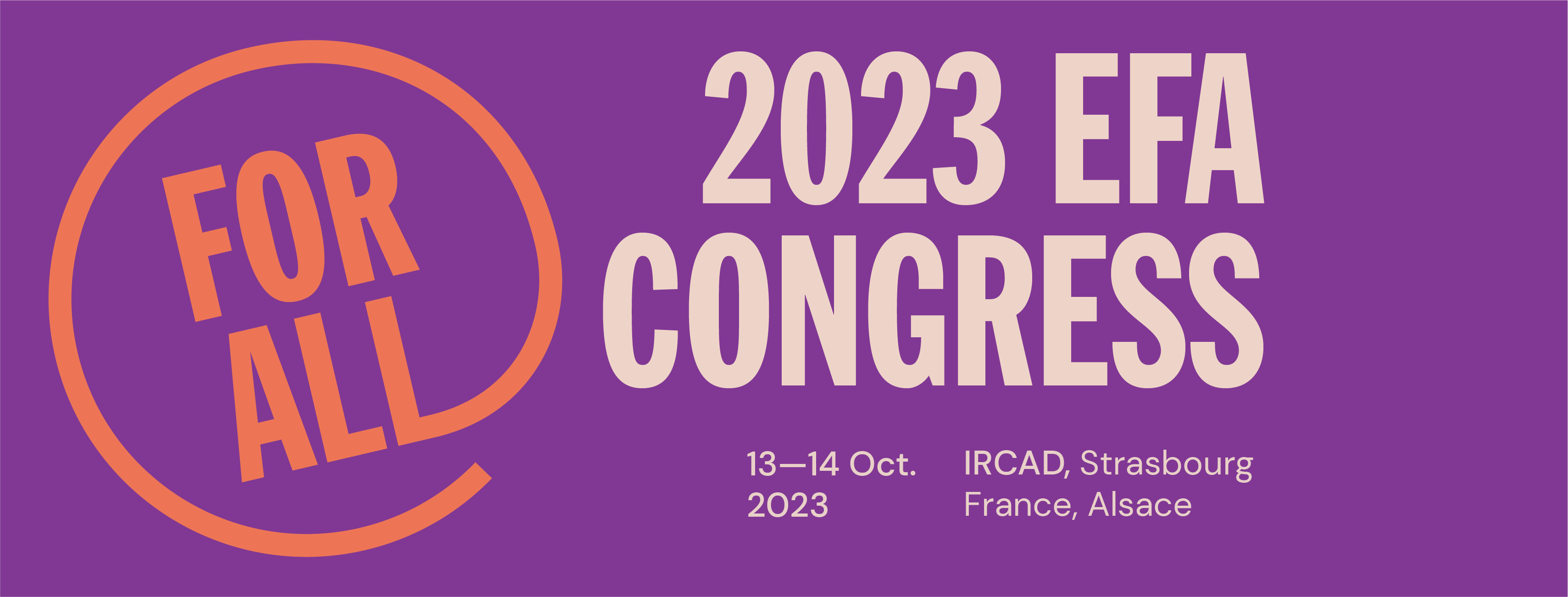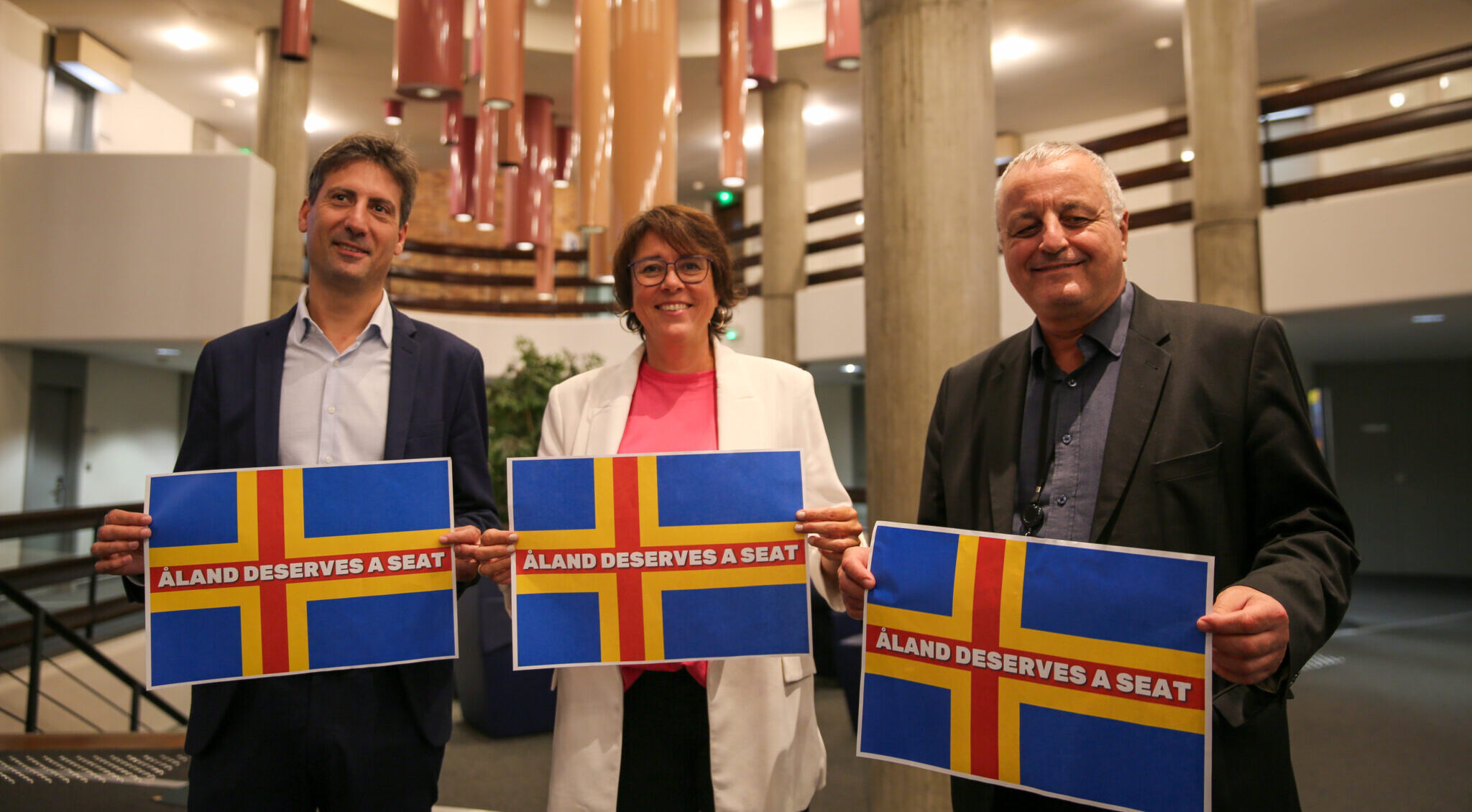EFA MEPs speak out for the recognition of Catalan, Basque, and Galician as EU official languages
MEPs Ana Miranda, Jordi Solé, and Diana Riba hosted a conference in the European Parliament to support the European Language Equality Network’s call for linguistic justice
EFA MEPs Ana Miranda, Jordi Solé, and Diana Riba have thrown their weight behind the call of the European Language Equality Network (ELEN) to make Catalan, Basque, and Galician official languages of the European Union. EFA MEPs hosted a conference yesterday in the European Parliament, together with representatives of ELEN and representatives of notable organizations for linguistic rights. They emphasized the importance of linguistic diversity and linguistic justice within the EU.
ELEN, in collaboration with Plataforma per la Llengua, Òmnium Cultural, Euskalgintzaren Kontseilua, A Mesa pola Normalización Lingüística, Obra Cultural Balear, Acció Cultural País Valencià, CIEMEN, and Escola Valenciana, has warmly embraced Spain’s proposal to elevate Catalan, Basque, and Galician to the status of fully functional EU official languages.
Granting EU official language status to these languages represents a substantial stride towards safeguarding and standardizing linguistic rights. Furthermore, it is a first step towards the European Union’s recognition of the multilingual essence of Europe.
The moment for linguistic equality is now!
The imperative of enabling all EU citizens to communicate with EU institutions in their respective European languages is not only democratic but also equitable and inclusive. The antiquated one-state, one-language paradigm no longer aligns with the contemporary, multilingual landscape of Europe. With this model, lack of statehood leaves large linguistic communities without the right to address the EU in their mother tongue. These communities are, in some cases, bigger than the population of recognised EU languages. For example, Catalan is spoken by a community of 8 million people, a more numerous population than that of 13 EU member states.
The message from EFA and its MEPs is unequivocal: the moment for linguistic equality and inclusion is now. The responsibility rests with the EU Council, and the global community watches closely as it deliberates on the official recognition of Catalan, Basque, and Galician within the European Union. ‘United in diversity’ must be more than just a slogan for Europe.
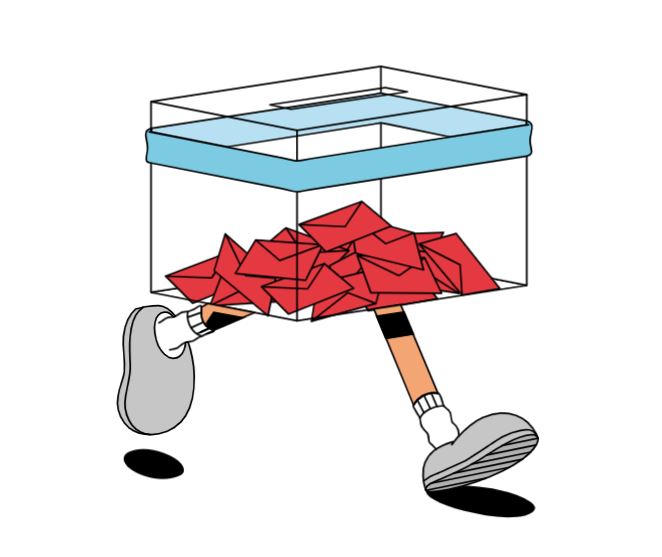

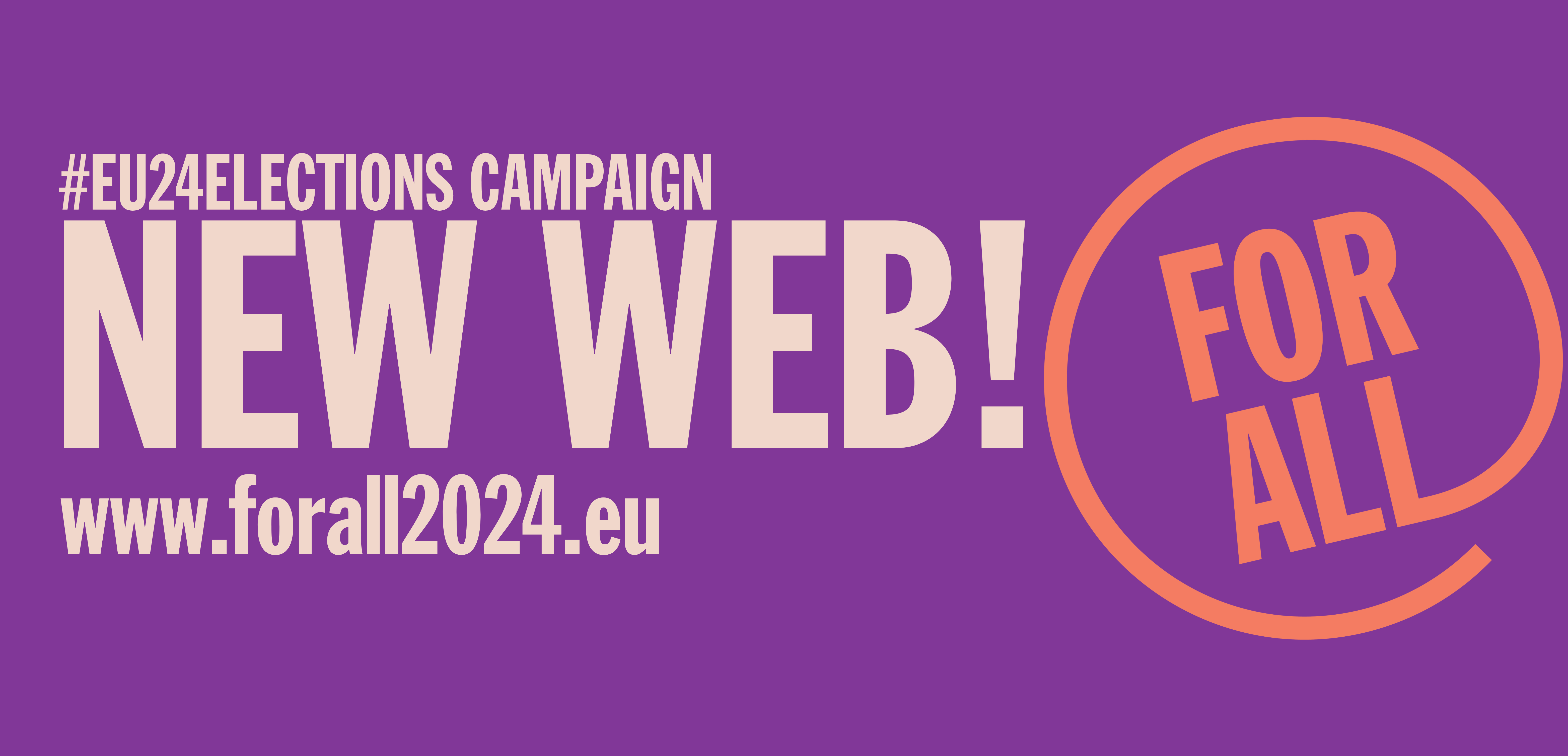

![[UPDATE] EFA expels Latvian Russian Union](https://e-f-a.org/wp-content/uploads/2023/04/blue-gae9f38ab3_1280edited.jpg)
